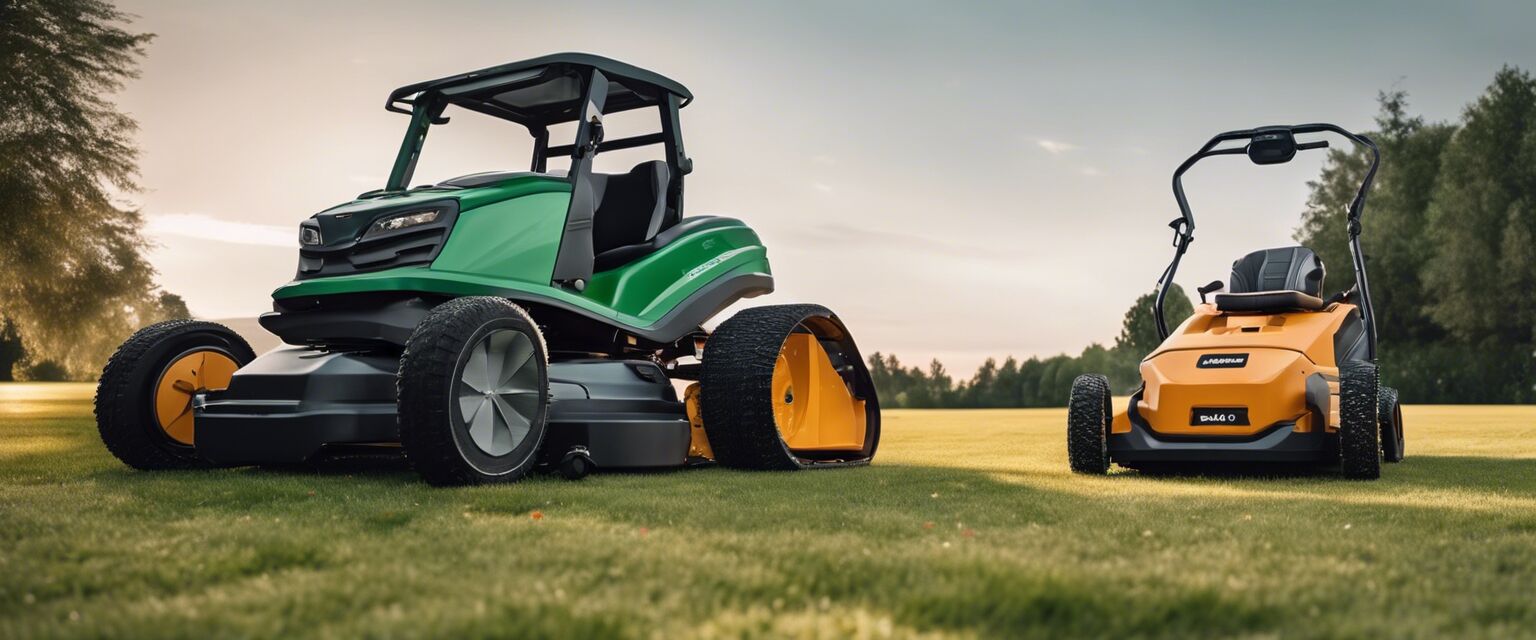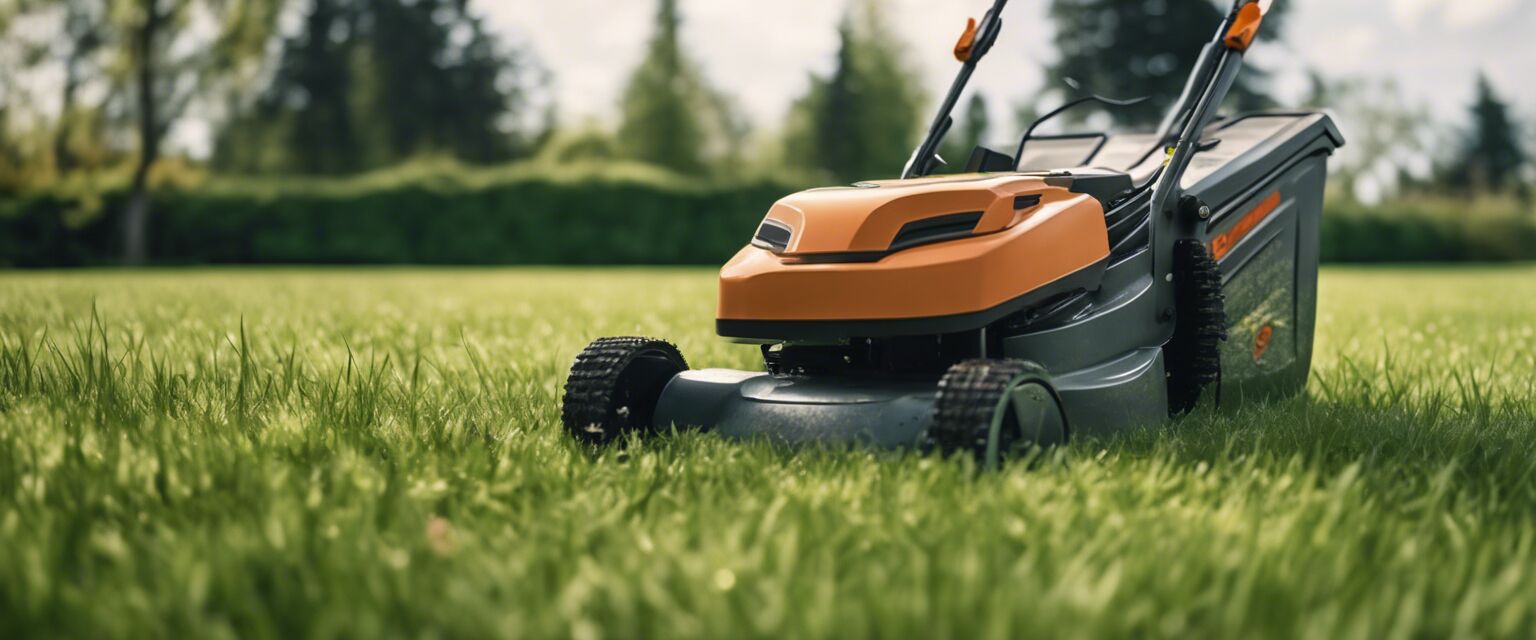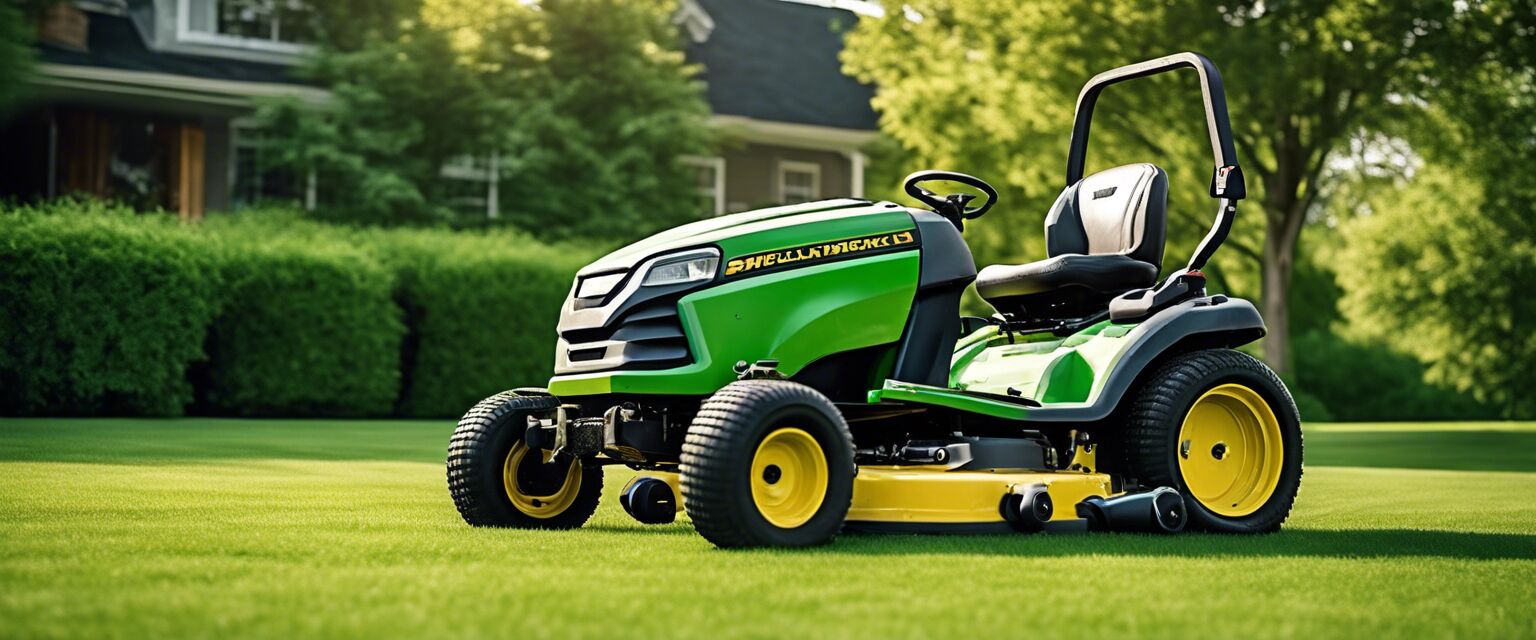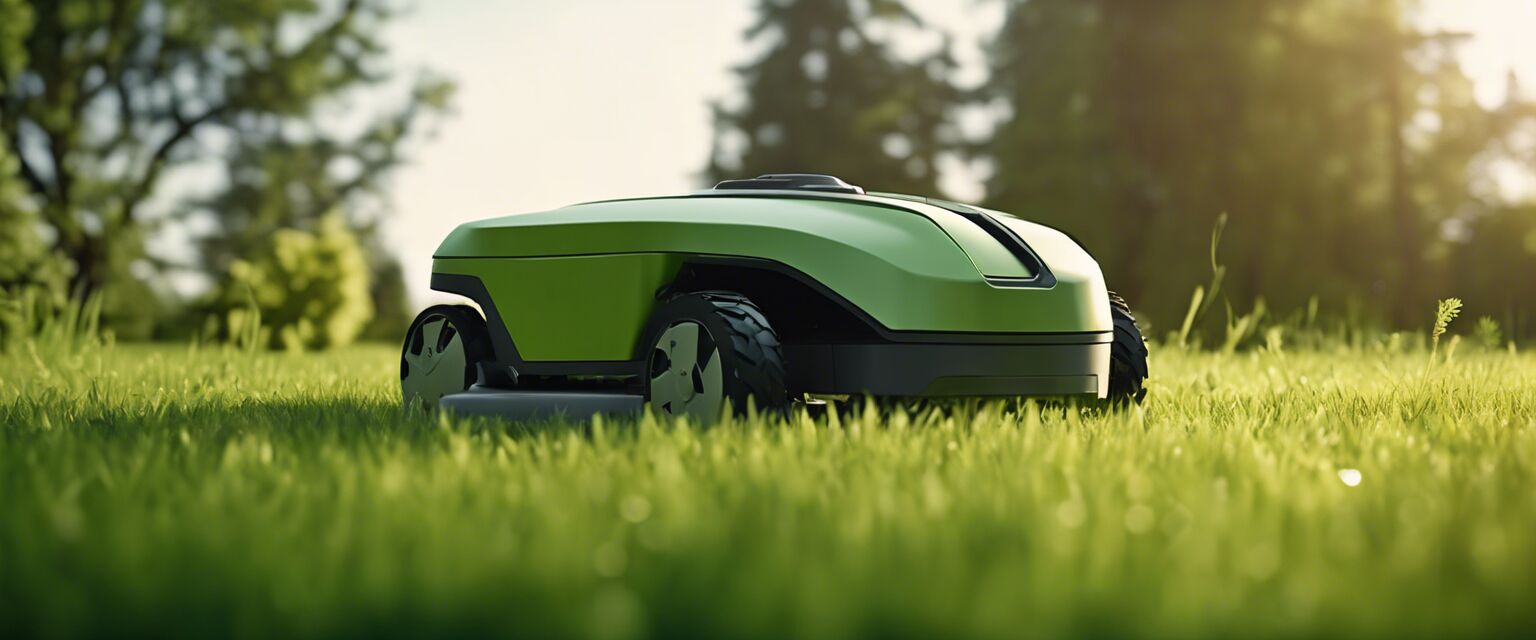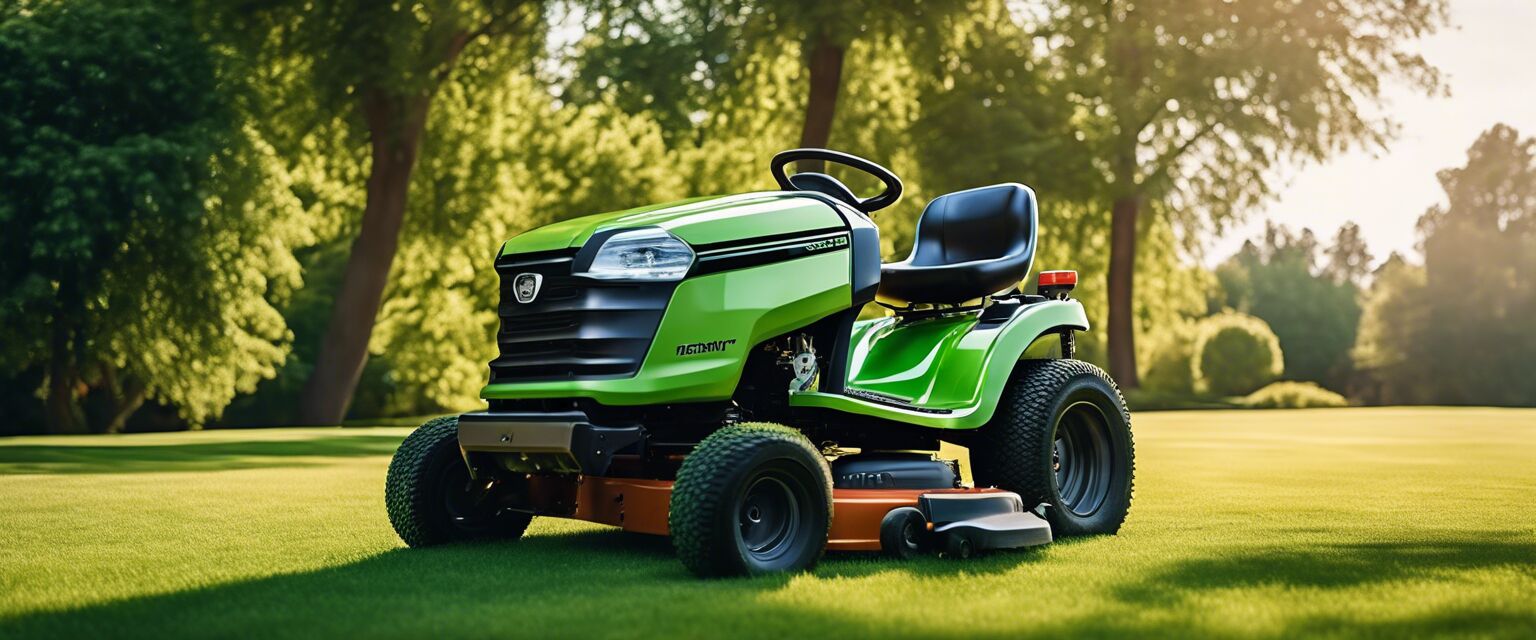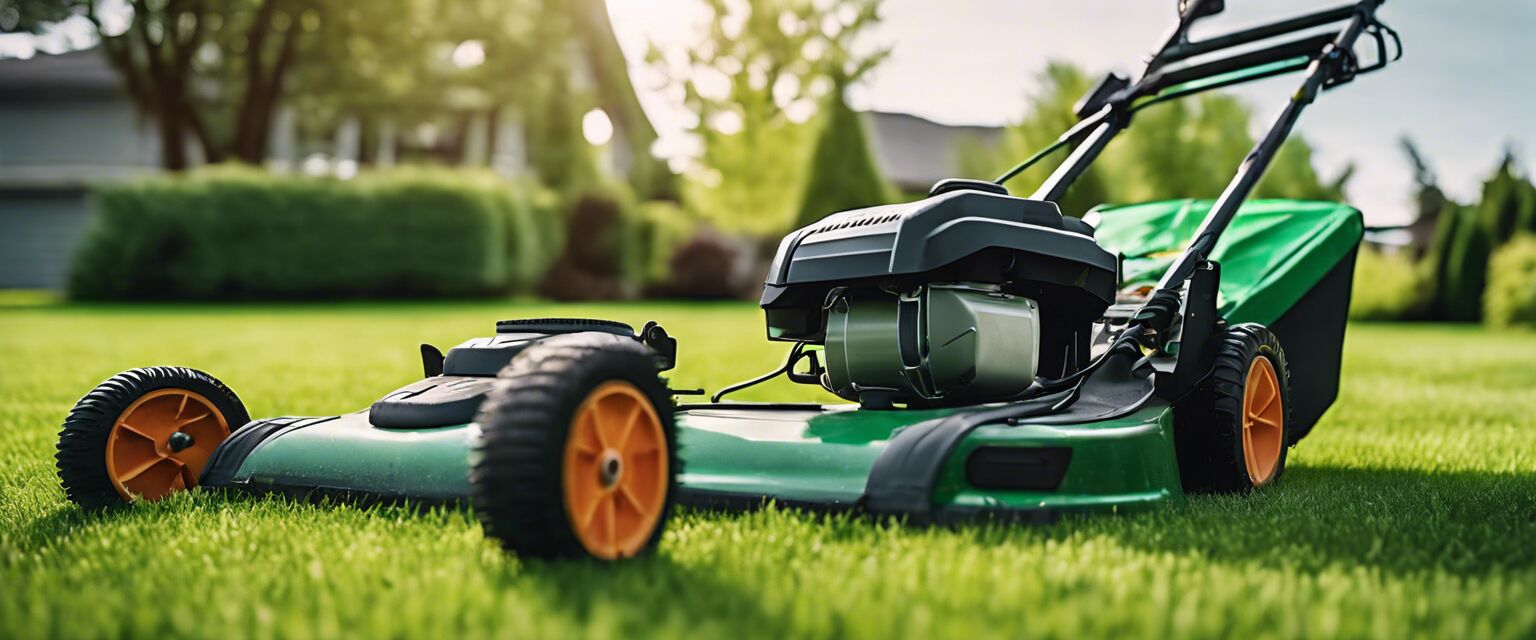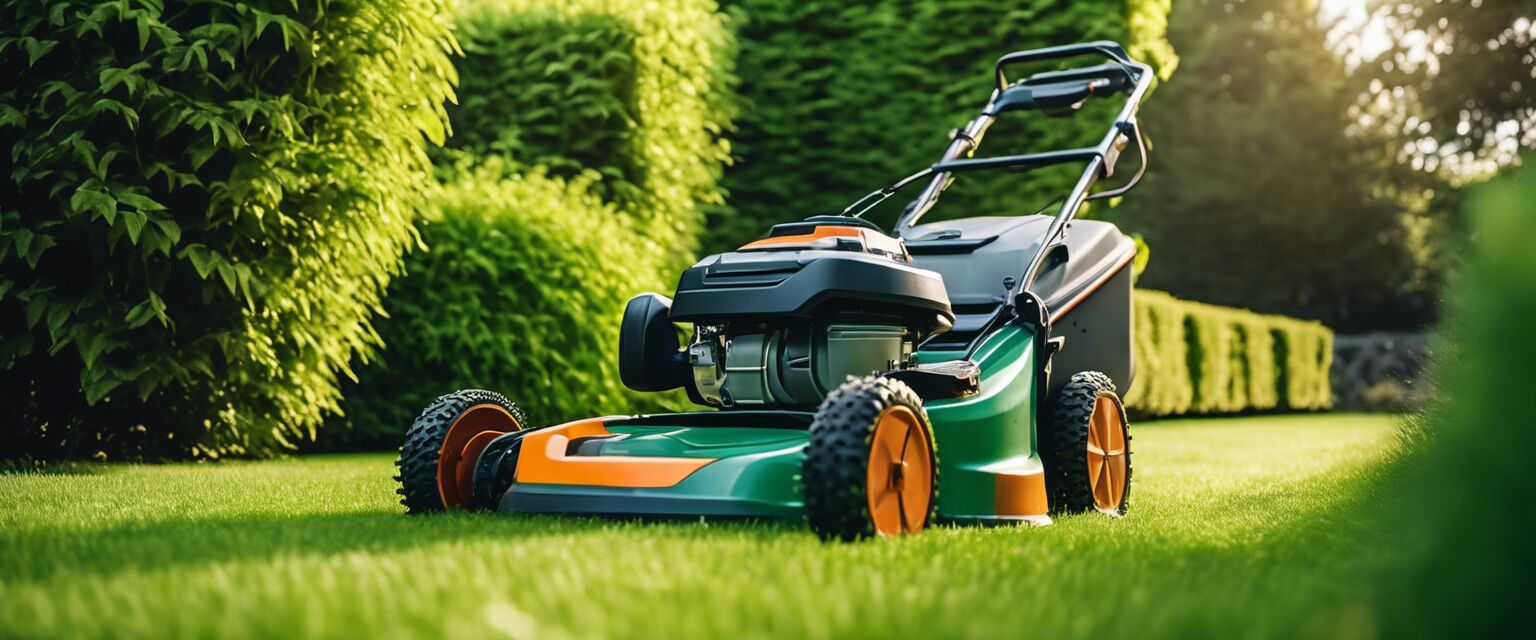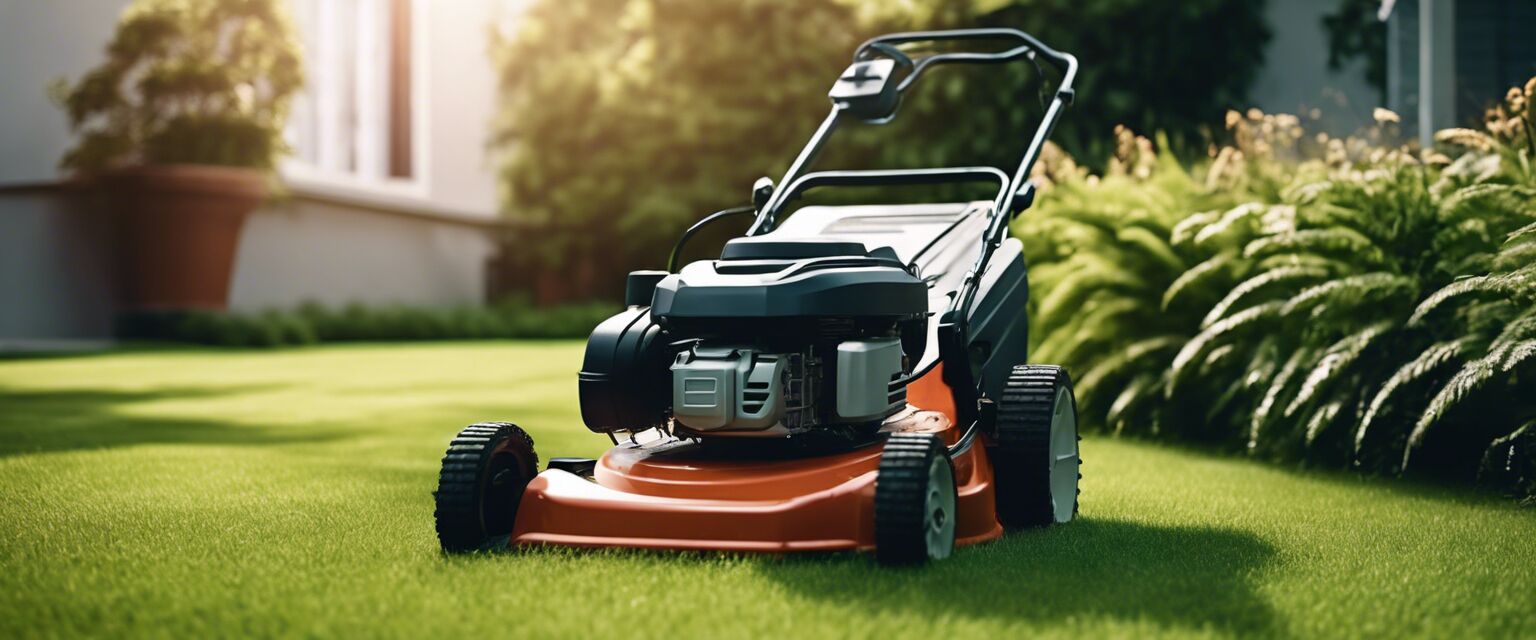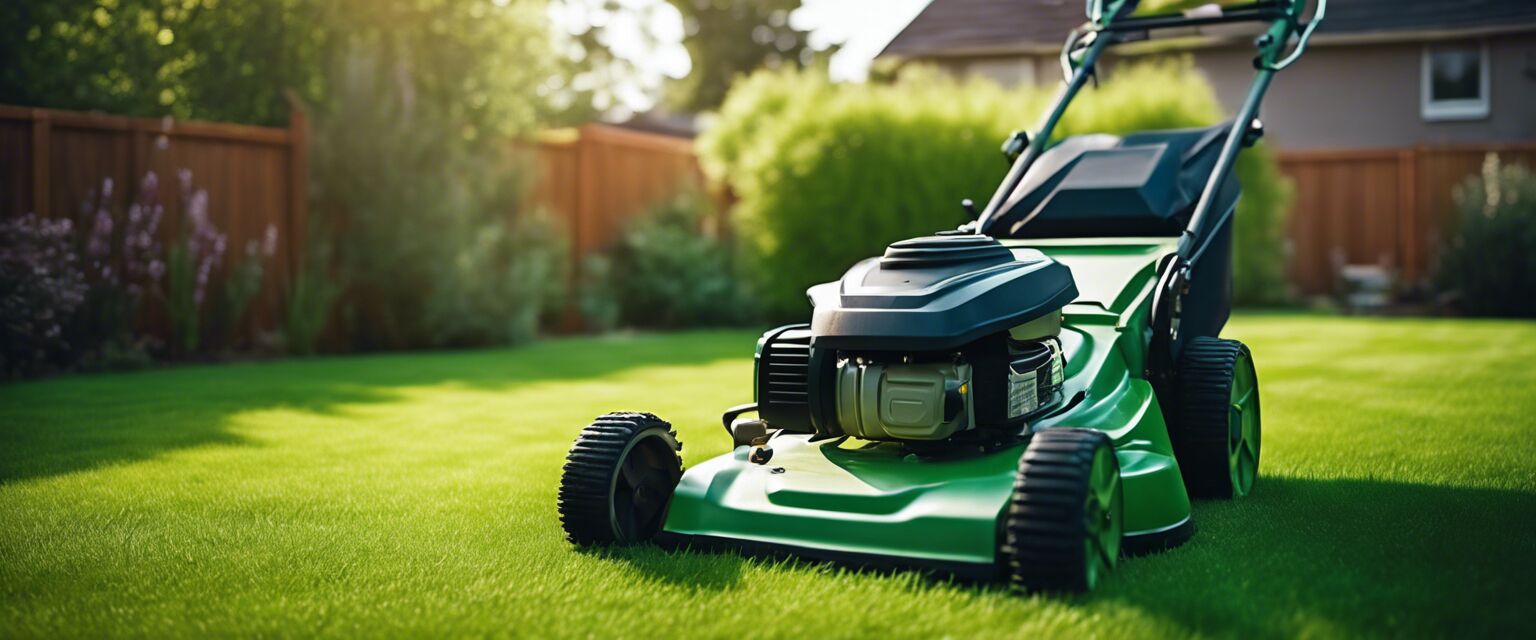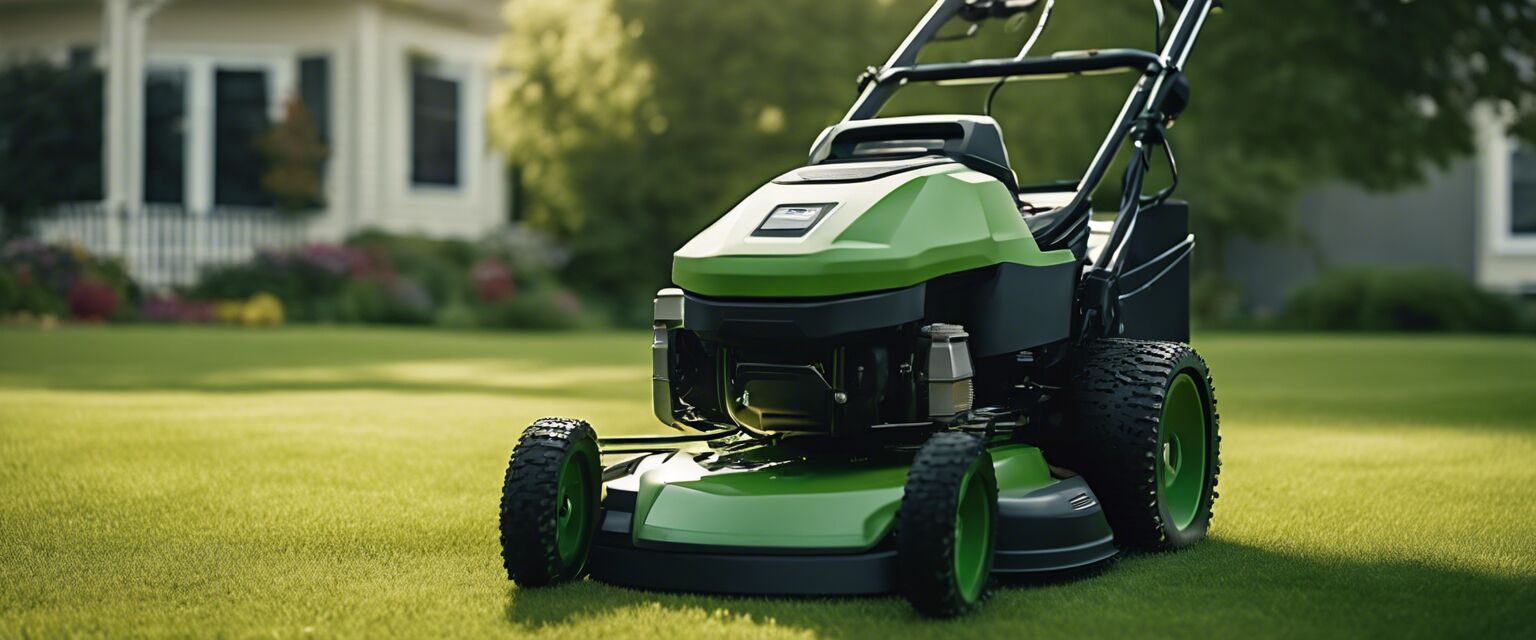
Battery Mowers: A Comprehensive Guide
Battery mowers have revolutionized the way we maintain our lawns, offering a cleaner, quieter, and more environmentally friendly alternative to traditional gas-powered mowers. In this article, we'll delve into the world of battery mowers, exploring the different types of batteries, runtime, top brands, and essential care tips.
Key Takeaways
- Battery mowers offer a cleaner and quieter alternative to gas-powered mowers
- There are three main types of batteries used in mowers: lead-acid, nickel-cadmium, and lithium-ion
- Runtime varies depending on the type of battery and mower, but most models offer between 30 minutes to 2 hours of runtime
- Top brands include GreenWorks, Ego Power+, and Snapper
- Regular maintenance is crucial to extend the life of your battery mower
Battery Types
Battery mowers use one of three types of batteries: lead-acid, nickel-cadmium, and lithium-ion. Each type has its pros and cons, which are summarized in the table below:
| Battery Type | Pros | Cons |
|---|---|---|
| Lead-Acid | Affordable, widely available | Heavy, low energy density, slow charging |
| Nickel-Cadmium | High energy density, long cycle life | Toxic, memory effect, expensive |
| Lithium-Ion | High energy density, fast charging, long cycle life | Expensive, potential thermal runaway |
Runtime and Charging
The runtime of a battery mower varies depending on the type of battery, mower, and lawn size. On average, most battery mowers offer between 30 minutes to 2 hours of runtime. Charging times also vary, but most models take between 30 minutes to 2 hours to fully charge.
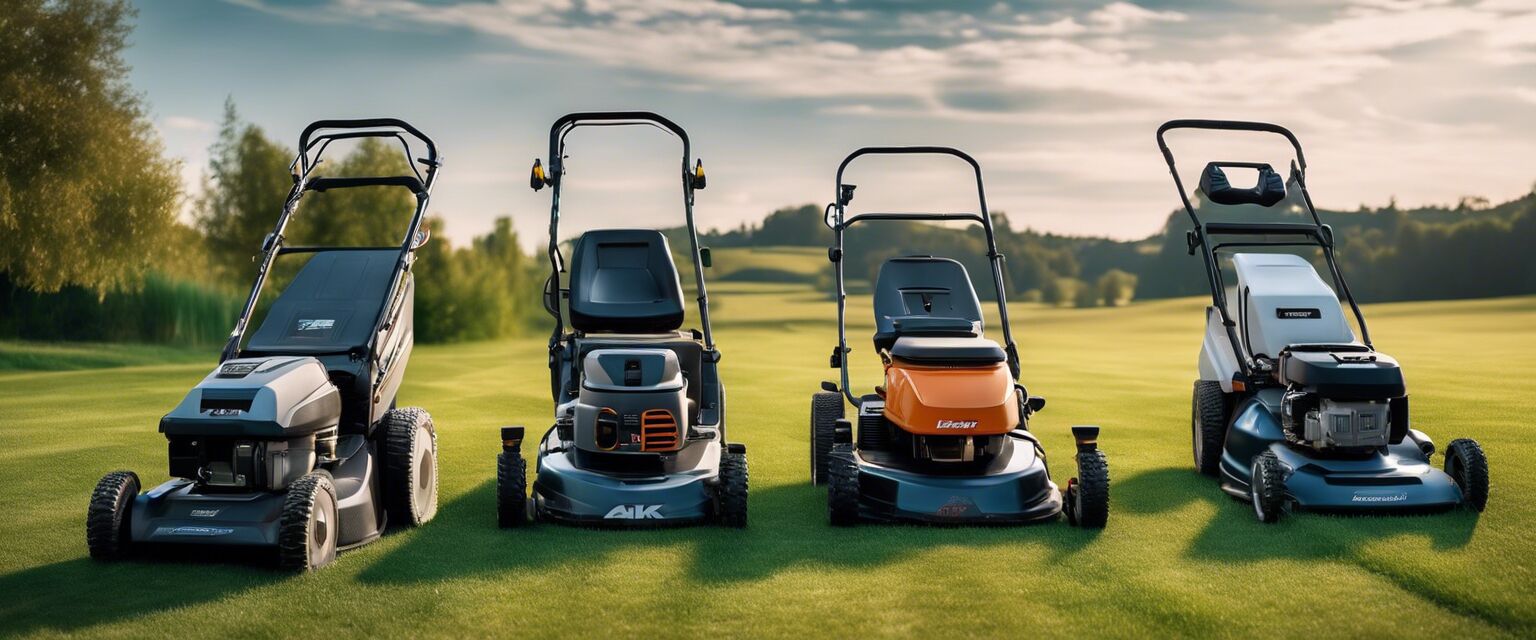
Top Brands
When it comes to battery mowers, there are several top brands to consider. Here are a few of the most popular ones:
- GreenWorks: Known for their affordable and eco-friendly mowers
- Ego Power+: Offers high-performance mowers with advanced technology
- Snapper: Provides a range of mowers with innovative features and durable design
Care and Maintenance
To extend the life of your battery mower, regular maintenance is crucial. Here are some essential tips:
Beginners Section
- Store the mower in a dry, cool place
- Check and clean the mower deck regularly
- Charge the battery according to the manufacturer's instructions
- Use the correct type of oil for the mower
Pros and Cons
Pros
- Environmentally friendly
- Quieter operation
- Lower maintenance costs
- Lighter and more compact design
Cons
- Higher upfront cost
- Limited runtime
- Charging time can be lengthy
- May not be suitable for large lawns
In conclusion, battery mowers offer a cleaner, quieter, and more environmentally friendly alternative to traditional gas-powered mowers. By understanding the different types of batteries, runtime, top brands, and essential care tips, you can make an informed decision when choosing the right battery mower for your lawn.
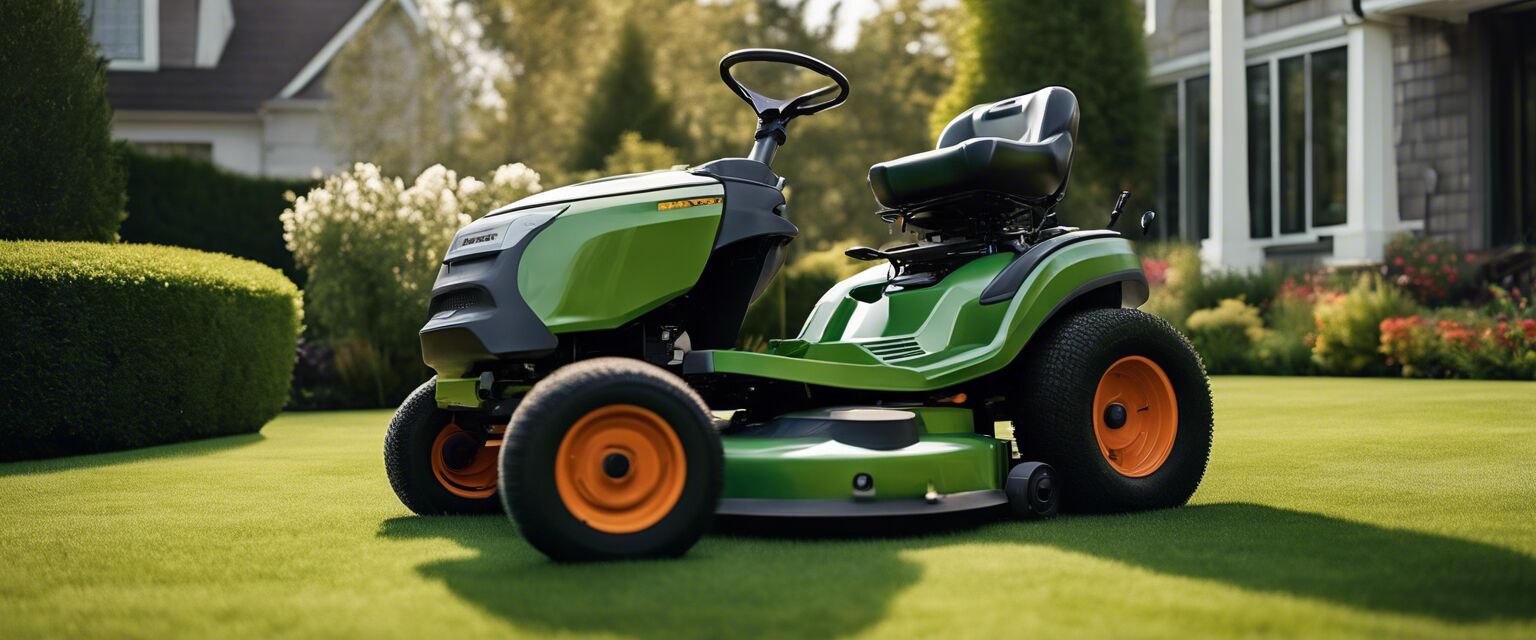
For more information on lawn mowers and lawn care, check out our other articles:
